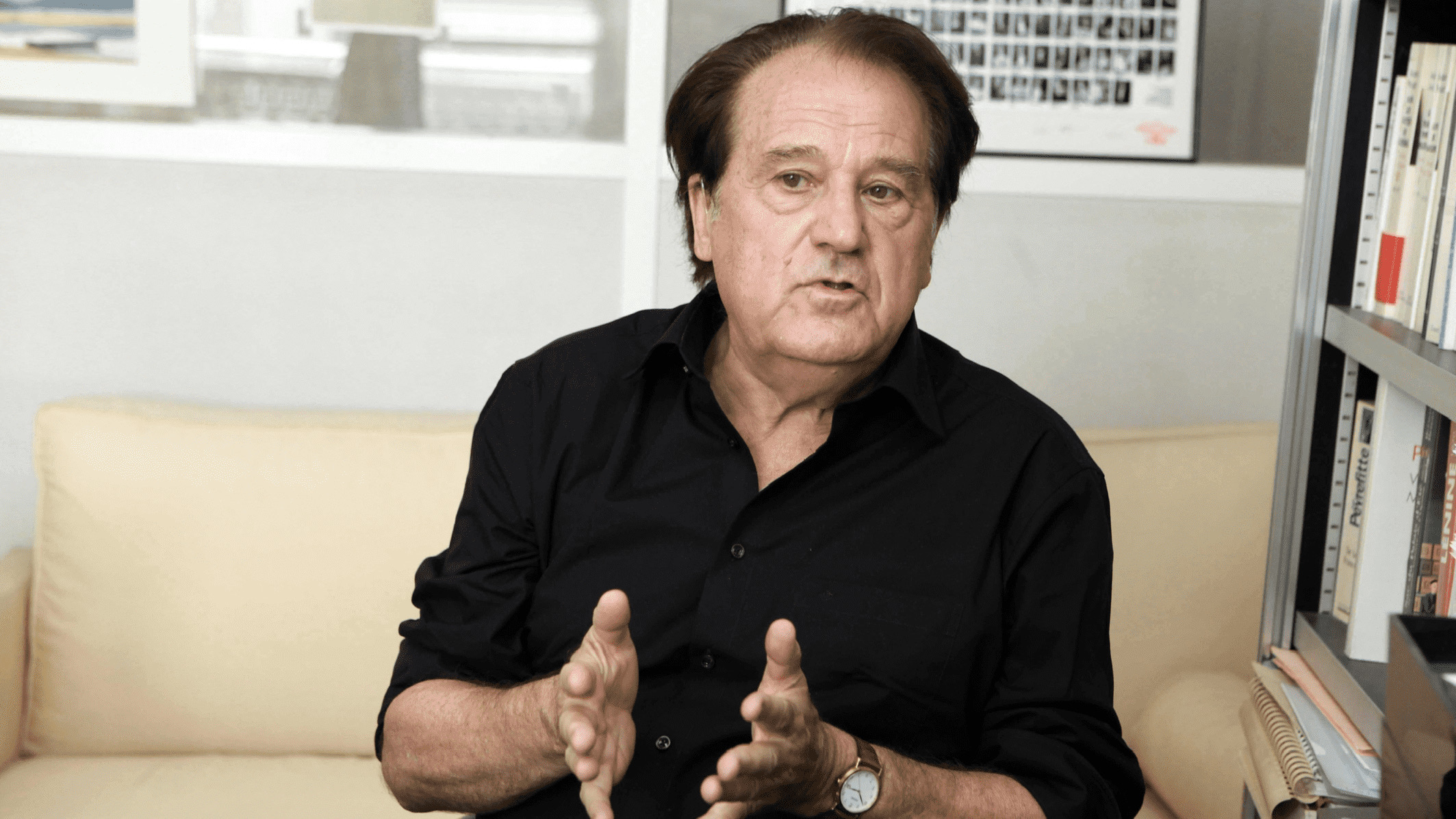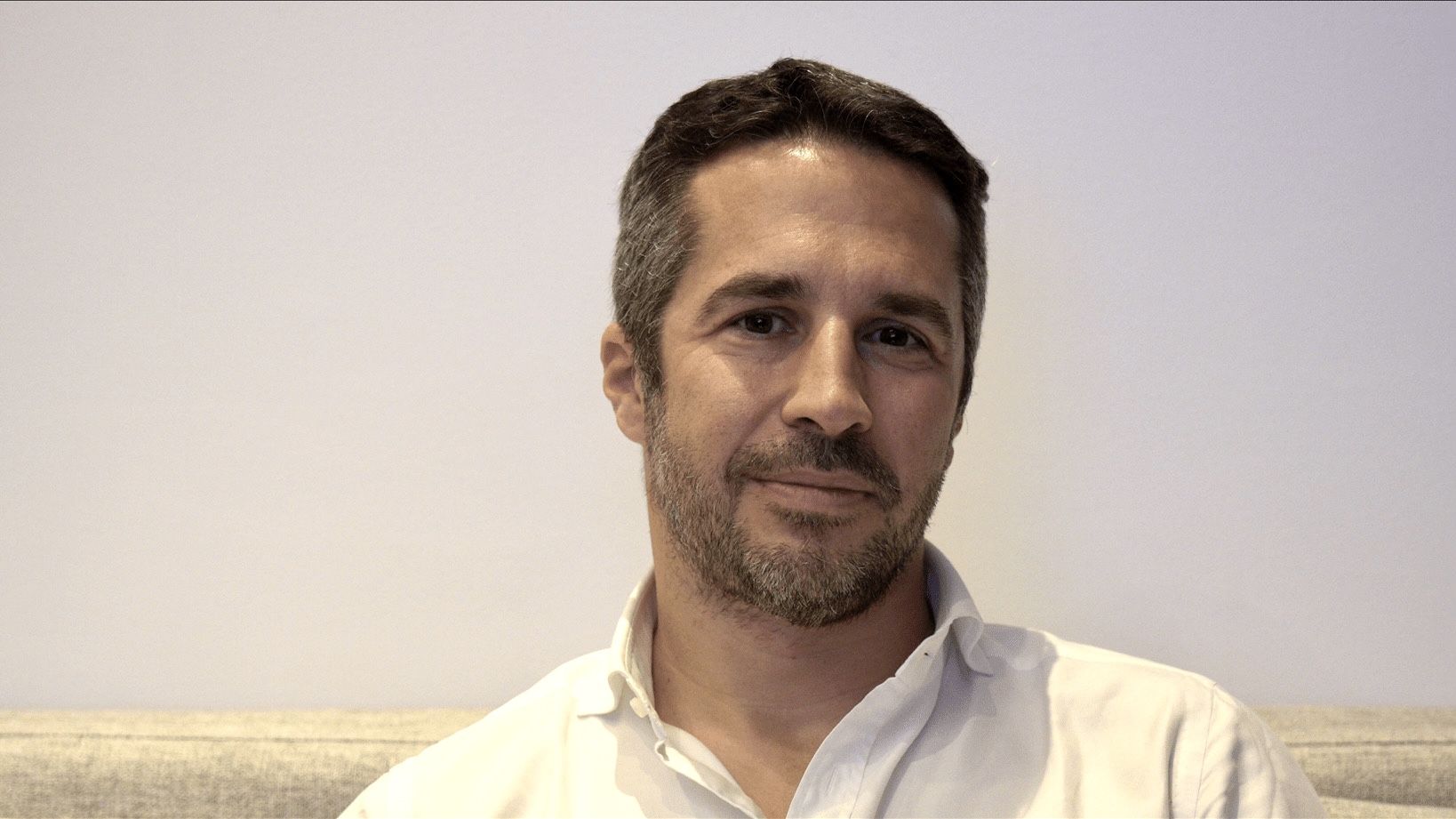
Illustrious intellectual and humanist figure, great historian of the French left, dean of columnists and editorialists of the Parisian press, which he enriched with his sharp analyses and enlightened opinions for more than half a century, Jacques Julliard died on September 8, at the age of 90.
“A great republican, humanist and socialist voice has just died out. Jacques Julliard cherished the Nation without ever losing his European commitments. He gave in nothing on universal values and secularism without ever stifling his vibrant faith. He tirelessly campaigned for emancipatory socialism, without ever forgiving its faults and weaknesses. He made fun of affiliations and lines as long as they offered the opportunity for elevated debate and fruitful confrontation. The press loses one of its most beautiful pens, the left one of its most fertile intellectuals, France one of its most chilled lovers, and we a friend.’’, writes François Hollande in a vibrant tribute to the author of ‘‘The Left and the People”, who has always shown “great respect” for the action of the former French President.
Last December, Jacques Julliard received us for a major interview, as part of a Special Edition of our monthly Screen Watch entitled “How to resist the cretinisation of the world?”. As a critical historian, he deplored in this interview the popular delegitimisation of his political family, considering that the fact of ‘‘abandoning universalism is suicidal for the left’’, because ‘‘that is why the exacerbation of particularisms – the migrants, women, sexual minorities – is sweeping across France’’. And concluded, with a hint of bitterness that “it is distressing, when one is a man of the left, to be constantly brought to load the boat of his own camp. I do it without pleasure and less often than I want to!’’.

One year on from the survey he conducted for our monthly Screen Watch (Observatory of teachers faced with the expression of religious beliefs in schools, October 2022), in which the issues surrounding the wearing of the Abaya and the Qamis in schools were probed for the first time, François Kraus, director of Ifop’s Politics / News division, conducted a large-scale survey (representative national sample of 2,145 people aged 18 and over) for our Charlie Hebdo colleagues, following the ban on these outfits in state schools.
In this interview, he discusses the main findings of this two-part study: a survey carried out on 30 and 31 August and documentary research on the religious nature of the Abaya and Qamis and the way in which these outfits are presented to French buyers by the retailers and brands that sell them.

For six months, director Éric Guéret filmed the daily life of young medical interns in the emergency department of the Delafontaine hospital in Saint-Denis, a Paris suburb. The result is a touching and ambitious documentary, Premières Urgences (released in cinemas on 16 November). As patients pile up in the corridors, the five interns (Amin, Evan, Hélène, Lucie and Mélissa) do their best, with courage and self-sacrifice, despite a glaring lack of resources.

Professor of criminology at the National Conservatory of Arts and Crafts, author of numerous works on Freemasons, crime and terrorism, consulted by politicians of both the left and the right, in France and the United States, on all security issues, Alain Bauer is a key player in the fight against the destabilisation of societies.

On 11 September 2001, journalist Carine Azzopardi was covering the attacks in New York, where she happened to be. On 13 November 2015, her partner and father of their children, music journalist Guillaume Barreau-Decherf, 43, was murdered at the Bataclan. In her book “Ces petits renoncements qui tuent” (Plon), Carine Azzopardi gives the – anonymous – testimony of a French teacher, confronted on a daily basis with the vindictive Islamism of some of his pupils. He refuses to give up and remains hopeful.

Accused himself of being a (left-wing?) populist, Michel Onfray – whose magazine Front Populaire organised a huge meeting at the Palais des Congrès in Paris, during which he debated with Éric Zemmour – takes an atypical but lucid look at the author of “Suicide français”…

The rise of populism in Europe, the renunciation of humanist values and human rights, the failure of Western military and humanitarian interventions, the return of the Taliban… While acknowledging the failures, drifts and regressions, Bernard Kouchner, founder of Doctors Without Borders (MSF) and former French Minister of Foreign Affairs, strives to remain optimistic, calling for more faith than ever in Man, who is certainly capable of the worst, but who is also and always capable of the best.

Author of two reference books (“Muslim Brotherhood, the inner circle” and “The neo-Muslim Brotherhood in the West”), Lorenzo Vidino is one of the most prominent specialists on the Islamist Brotherhood in Europe. In this interview, he explains how the Muslim Brotherhood’s hidden real estate investments bring in tens of millions of euros every year.

The author of “Why I left the Muslim Brotherhood” was the first in 2016 to publish an investigation into the real estate assets of Imam Hassan Iquioussen and his family. For him, the Iquioussen case is in fact the tree that hides the forest: for decades, the Muslim Brotherhood has been discreetly accumulating buildings, houses, commercial premises, flats and land. The objective is to build up a “real estate war chest” that would allow them to finance themselves, so as not to depend on money from the Gulf countries.

On August 8, Algerian novelist Anouar Rahmani was due to take part in the debate on freedom of expression, alongside Salman Rushdie and other persecuted artists, in Chautauqua, New York. He was in the conference room when the author of “The Satanic Verses” was stabbed. In this interview, conducted the day after the attack, he confides exclusively to Screen Watch about this painful ordeal.
